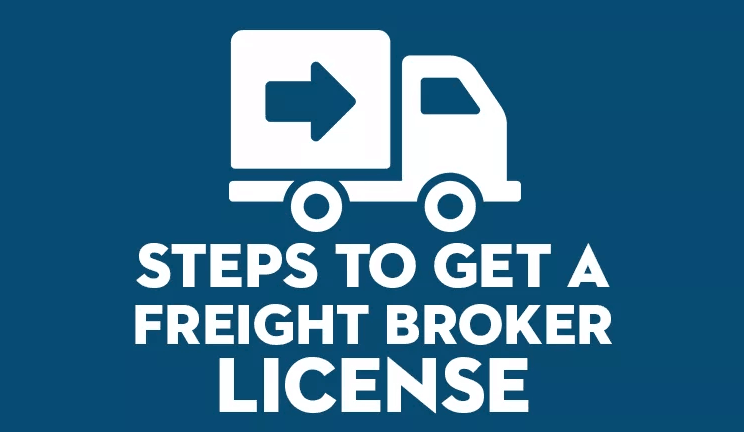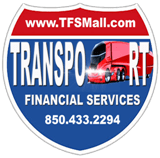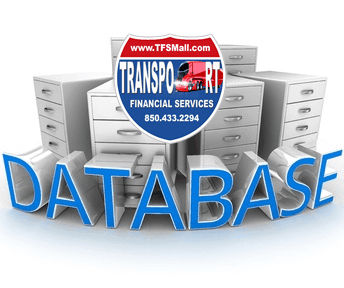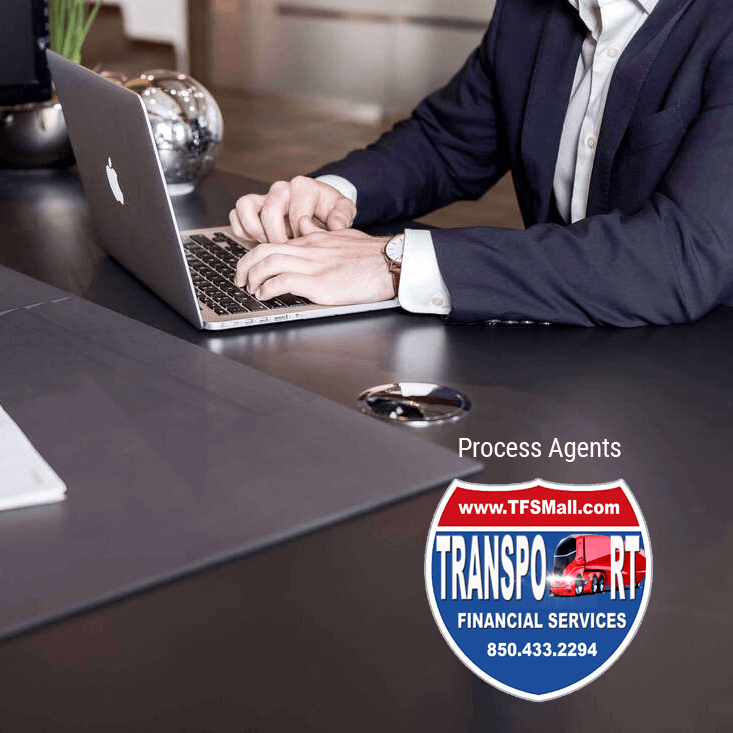GET YOUR SURETY BOND
1) Establish a Business Structure
The first step to becoming licensed is for an applicant to determine how they want their company to be structured. It is highly advisable to consult with an attorney or accountant when making this decision, as they have the ability to weigh the positives and negatives of different business structures with the licensee. Whether or not an applicant decides a consultation is necessary, they will ultimately need to decide on one of the following three structures for their freight broker license:
- Limited Liability Corporation
- Individual/Sole Proprietor
- Partnership
- Corporation
2) Submit an OP-1 Form – Application for Motor Property Carrier and Broker Authority
Once your business structure has been established, you’ll need to obtain a motor carrier number by providing the FMCSA with a completed OP-1 form. This is the initial application form that applicants submit to the FMCSA, which includes general business information (company type, name, address, type of operating authority, etc.) Under Section III for Type of Operating Authority on the OP-1 form, applicants should select either “Broker of Household Goods” or “Broker of Property (except Household Goods).” Applicants will also need to submit a $300 filing fee per each type of license they are applying for.
If you are applying online for a motor carrier number, you can receive it immediately while those who opt to mail in their application may have to wait up to four weeks. The motor carrier number is required to proceed with the freight broker licensing process and grants the business official authority to operate. Once the motor carrier number has been issued, it is subject to a 10-day protest period. During this time, the application may be contested by another company. The applicant may continue the process of obtaining their freight broker license during the protest period.
3) Get a Surety Bond
Of all the steps involved for getting licensed, the surety bond requirement is oftentimes the most difficult. Many applicants are unfamiliar with surety bonds before learning they need one in order to become licensed. Additionally, the federal freight broker bond is also harder to obtain than other bond types. Approval for the bond is based on the individual applicant’s background among other factors since there is a higher degree of risk associated with the freight brokerage industry.
Despite the confusion commonly associated with surety bonds, they are relatively straight-forward contracts used in many industries to ensure the entity that obtains the bond— the principal—conducts business in such a manner that they are compliant with all relevant rules and regulations. The oblige is the party requiring the bond and is able to make a claim should the principal fail to act in accordance with the terms and conditions established by the bond. The third party in the agreement is the surety, that issues the bond after receipt of a premium has been paid to them by the principal. The premium paid is a percentage of the total bond amount, which the surety guarantees to pay the oblige in the event of a claim. However, if a claim is filed and the surety pays any money to settle the claim, it is the responsibility of the principal—or freight broker in this case—to reimburse the surety for the money paid to satisfy the claim.
Prior to July 2012, those applying for freight broker licenses were only required to obtain a surety bond in the amount of $10,000. However, the passage of The Moving Ahead for Progress in the 21st Century Act (MAP-21) increased the bond amount required of freight brokers to $75,000 by October 2013. The increase was a result of the large number of claims made against these bonds due to misconduct by principals, and its goal was to establish stricter requirement ensuring that only qualified applicants received a freight broker license.
Since freight broker bonds are credit-based and subject to underwriting, applicants will need to provide financials when applying for their bond.
If a Freight Broker fails to remit payment for services rendered as per their contractual agreement, the bond allows the Motor Carrier to get paid directly by the surety bond company. The Freight Broker is then liable to reimburse the Surety for the claim.
Brokers that do not comply with the BMC-84 bond requirement may have their broker authority revoked by the FMCSA. Therefore, freight forwarders and freight brokers must purchase a $75,000 BMC-84 surety bond before receiving a freight broker license. A BMC-84 bond is valid for one year from the issue date.
BMC-85 is a Broker’s or Freight Forwarder’s Trust Fund
BMC-84 or BMC-85: What’s Right for You?
You have two options to get your license: obtaining a freight broker bond (BMC-84) or a trust fund (BMC-85). They both offer advantages and disadvantages depending on you and your brokerage. Read our detailed article to determine whether you should get a BMC-84 or BMC-85.
**Please note that, unlike motor carriers and freight forwarders, insurance beyond procuring a surety bond is not required for freight brokers by the FMCSA, although some clients may wish to see proof of insurance before conducting business with a broker. More information on insurance for freight brokers may be found here.
4) Select a Process Agent
The FMCSA defines a process agent as “a representative upon whom the court papers may be served in any proceeding brought against a motor carrier, broker, or freight forwarder.”
In order to comply with 49 CFR 366, every licensed freight broker is required to designate a process agent in each state in which it has an office and writes contracts. Once you have received your motor carrier number, freight brokers may appoint multiple process agents or they may opt to work with a company offering blanket coverage. This coverage allows one person to act as a process agent in multiple states. Regardless of how many process agents are appointed, the freight broker or designated process agent—on behalf of the freight broker—must complete Form BOC-3 and submit it to the FMCSA.
5) Register the Brokerage
The final step in the licensing process requires all freight brokers to take part in the Unified Carrier Registration. This is the agreement developed under the Unified Carrier Registration Plan governing the collection and distribution of registration and financial responsibility information provided and fees paid by brokers. It establishes rules and regulations for all freight brokers, including fees that must be paid to the freight broker’s base-state, or the state where their main office is located.
As well as taking part in the Unified Carrier Registration, brokers must also familiarize themselves with local regulations regarding interstate companies for every state in which they will be conducting business by contacting the state’s transportation regulatory agency.
To obtain your Freight broker bond call 850.433.2294 ext 1 or email info@TFSMall.com!







